How to stop a dog barking whenever they leave the room, by expert trainer Ben Randall
Some dogs enter defensive mode every time a door is opened or closed, something which is exhausting for owner and pooch alike. Ben Randall explains what is happening, and how to handle it.
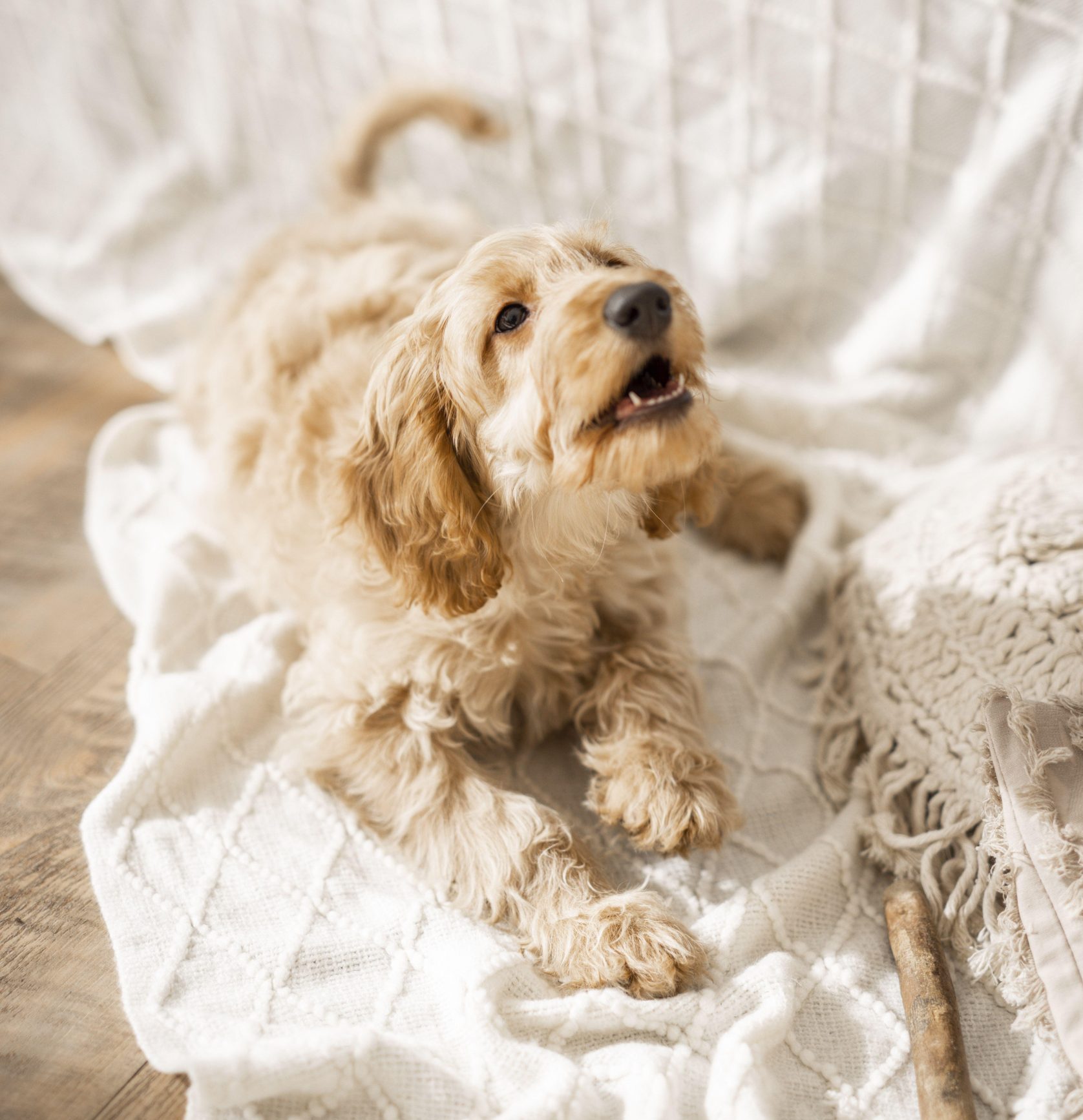

In recent columns, we’ve talked a lot about stopping your dog from rushing out of the door in their haste to get out into the garden or to go on a walk. We’ve also tackled what to do if your dog barks at the postman or a delivery driver knocks on the door. But what do you do when your pooch barks every time you exit one room and go into another, especially first thing in the morning when leaving the bedroom?
This is the issue facing KM, who’s written via the paws-for-thought@futurenet.com email address to ask for Ben’s advice on how to deal with her cocker spaniel’s tendency to bark like crazy when she opens the bedroom door.
Dear Ben,My two-year-old cocker spaniel always leaves a room by barking and rushing out, whenever a closed door is opened. As he sleeps on our bed, this is especially annoying when we open the bedroom door first thing in the morning, half asleep. When this happens early in the morning, he will run downstairs, barking all the time. Then, after he’s done that, he comes back up to our bedroom and is very calm and quiet, which makes me think it’s almost as if he is scanning the house for danger.However, this is also the case when we are in the living room, when, if we open the door to leave, he rushes out, barking his head off. How do I stop this? It is always a drama every time I try opening the door when he is inside the room with us. Conversely, he does not bark at the door when we enter the house or if he is in the house alone. This only happens when we leave a room together, when the door has previously been shut. I’d really appreciate any advice — thank you. SR, via email
As you have explained, it seems that your dog only reacts like this when a door is opened, prompting him to rush out in a defensive mode. Without seeing your dog’s behaviour first hand, it’s pretty difficult to know for sure what is happening here; other people in similar situations might simply be dealing with a cocker that’s wildly excited because he wants to get out of the room to play. But I’m going to presume your assessment is correct, and give you some advice on that basis.
Although I am happy for a dog to sleep on its owner’s bed, it should always be invited to do so and have mutual respect for everyone’s space. How I read your dog’s behaviour from your description is that your dog is in a panic mode and is frantically protecting you from the environment on the other side of the door.
Unfortunately, to me, this cannot be a happy dog if he feels he has to do this every time you open the door. Your dog should feel confident and have such a trusting partnership with you that, when you open the door, he knows that all is well and positive. He definitely shouldn’t react in this way, because it suggests that he feels the situation is unsafe. In many ways, this is similar to my previous ‘barking at the door’ article, in which I describe how a dog goes into ‘protect’ mode and what you can do to make him feel more at ease, happier and secure in his home environment.
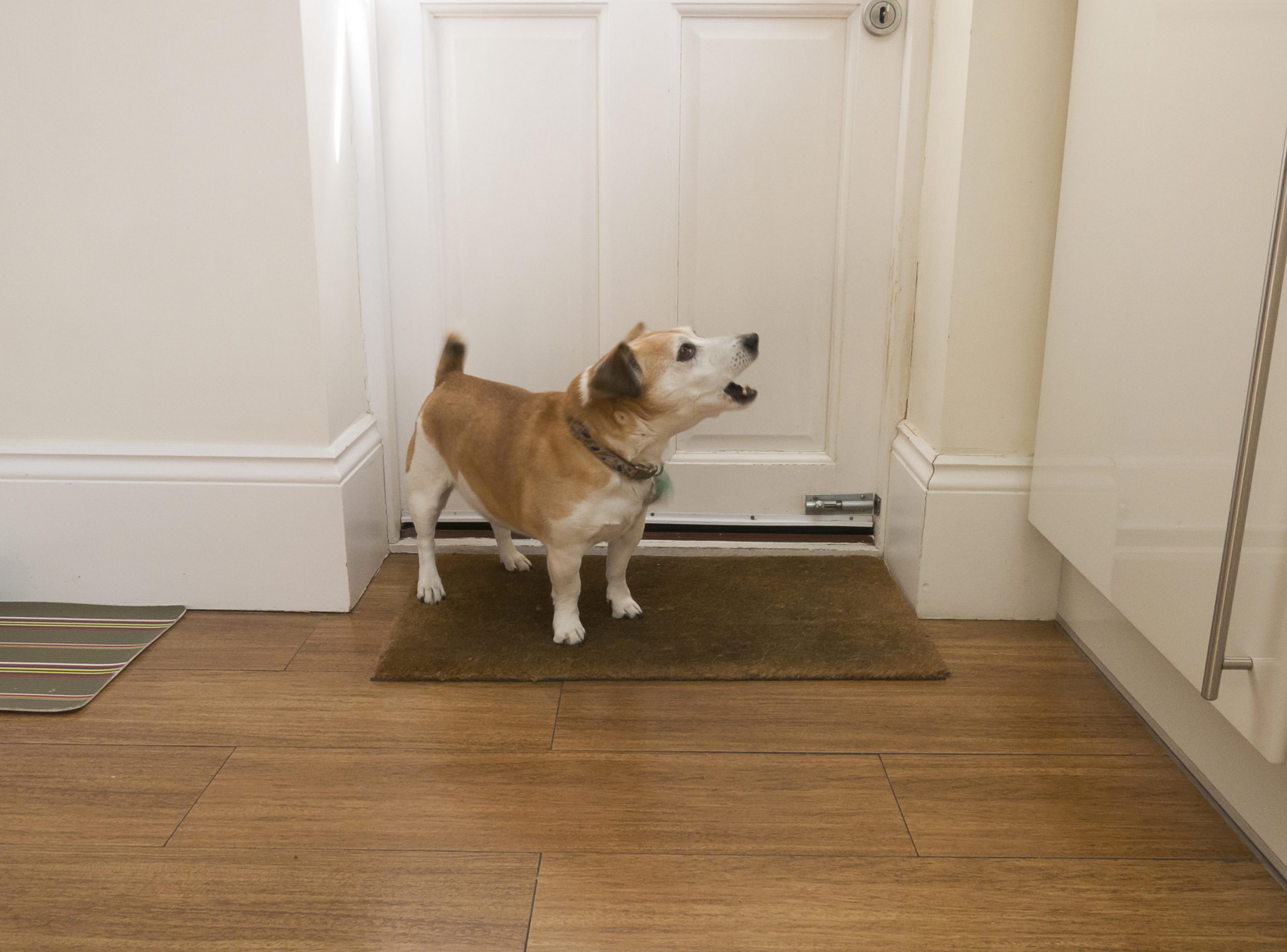
I’ve been perfecting my BG (Beggarbush) foundation methods for nearly 20 years and understand that even experienced dog owners come up against issues that they are not sure how to handle. However, with time, patience and careful retraining, I am sure that you will be able to quickly resolve this issue. You can learn more via @beggarbush on Instagram and my dog-training app (this link will let you get a free trial) or ask me your own question by emailing paws-for-thought@futurenet.com.
Ben’s top four tips for stopping your dog barking and rushing out of the room:
1. Repetition, repetition, repetition
Remember that it is your house and your door. So you can open and close it as often as required to teach a new, desired behaviour.
Sign up for the Country Life Newsletter
Exquisite houses, the beauty of Nature, and how to get the most from your life, straight to your inbox.
2. Set up the training opportunity and make it work for you
When you get up in the morning, ask the dog to go to its bed that you have put in the room especially for this exercise, then point at the bed and give the ‘in’ command. If you need a refresher, my article on the teaching a dog the in command will help you make sure you can tell him to go into his bed, into the car boot or wherever else you want him to go. If initially teaching this for the first time, I am happy for you to use the odd food reward to encourage your cocker to do as he is asked, every time and without fuss.
Once he is doing this super-quick, show him the reward in your hand and ask him to sit patiently and calmly as you get dressed; then, whilst he has eye contact with you and the reward, open the door. Then walk out of the room, call him to you and ask him to ‘sit’.
Depending on his temperament, you can either reward him now or ask him to walk to heel downstairs — being sure to maintain eye contact at all times — before rewarding him (either with the food in your hand or with praise, such as stroking his head) when you get into the kitchen.
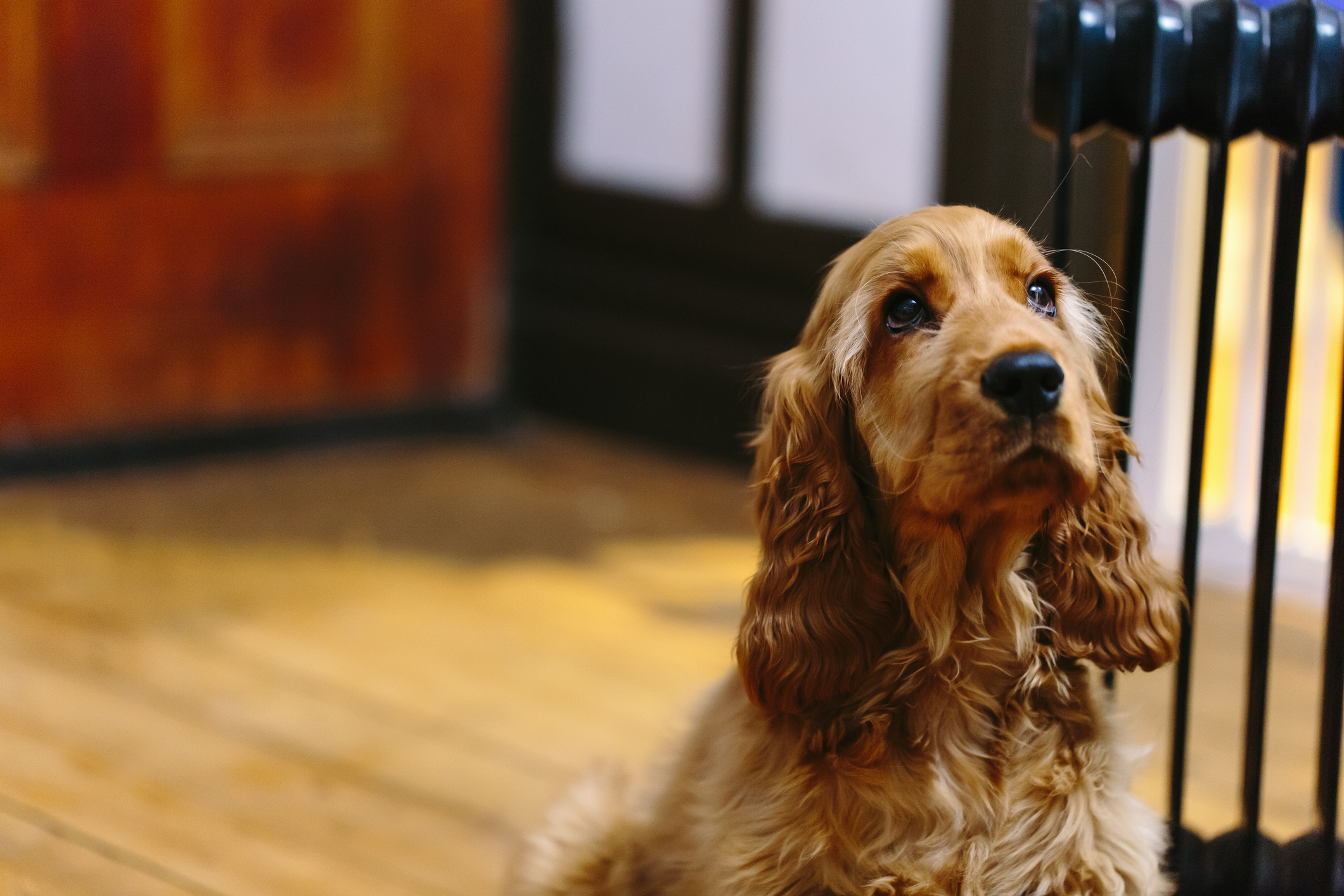
3. What do I do if he still barks and rushes past me through the door?
If the above does not initially work, immediately close the door, give the ‘leave’ command, point at the bed and give the ‘in’ command. Again, be sure to show him the reward in your hand, then practise calmly opening and closing the door until you have the calmness and steadiness that you both desire.
4. Maintain a positive mindset
When it comes to dog-training — and, let’s be honest, most things in life — it’s very important to have a plan and get your mind in the right place. You should be very focussed and positive that this new way of behaving when the door is opened and closed is going to work, this time and every time. I can almost guarantee that, within minutes of deploying this new attitude on your part and expecting your dog to behave in a more measured and considered way, you will see big improvements, if not completely fix this unwanted issue.
If you are confident, that will give your dog more confidence and you will soon build a much closer and trusting partnership — and that in turn will mean that he no longer feels the need to scan the house for you.
For more detailed advice about Ben Randall’s positive, reward-based and proven BG training methods, one-to-one training sessions, residential training or five-star dog-boarding at his BGHQ in Herefordshire, telephone 01531 670960 or visit www.ledburylodgekennels.co.uk. For a free seven-day trial of the Gundog app, which costs £24.99 a month or £249.99 a year, visit www.gundog.app/trial

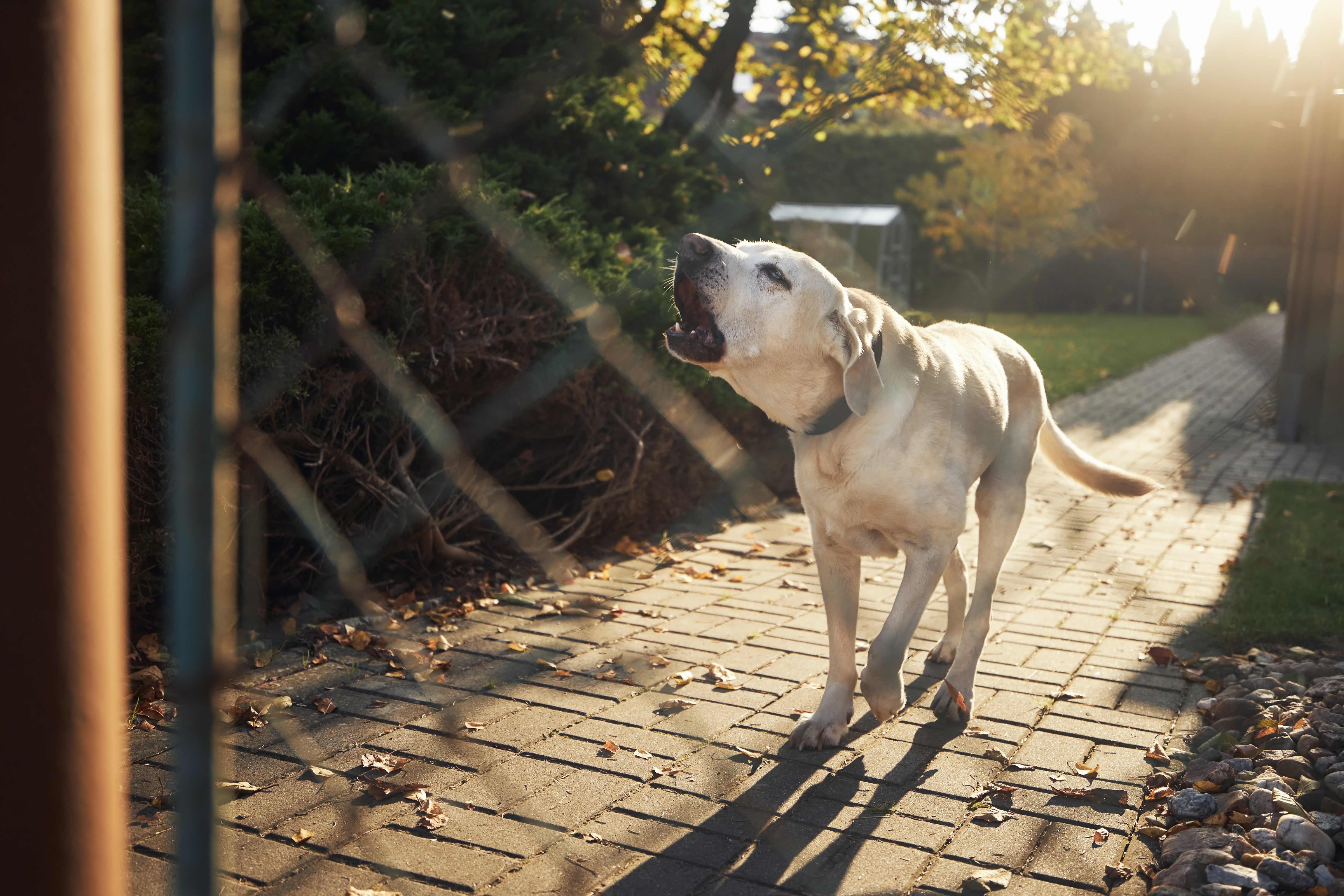
Credit: Getty Images
How to stop a dog barking at the fence, by leading trainer Ben Randall
A dog barking through the fence can be scary for those who live around your house — Ben Randall gives advice

Credit: Alamy Stock Photo
How to stop your dog begging for food at the table, by expert trainer Ben Randall
Dogs begging for food around mealtimes can be adorable up to a point — but what happens when the charm wears
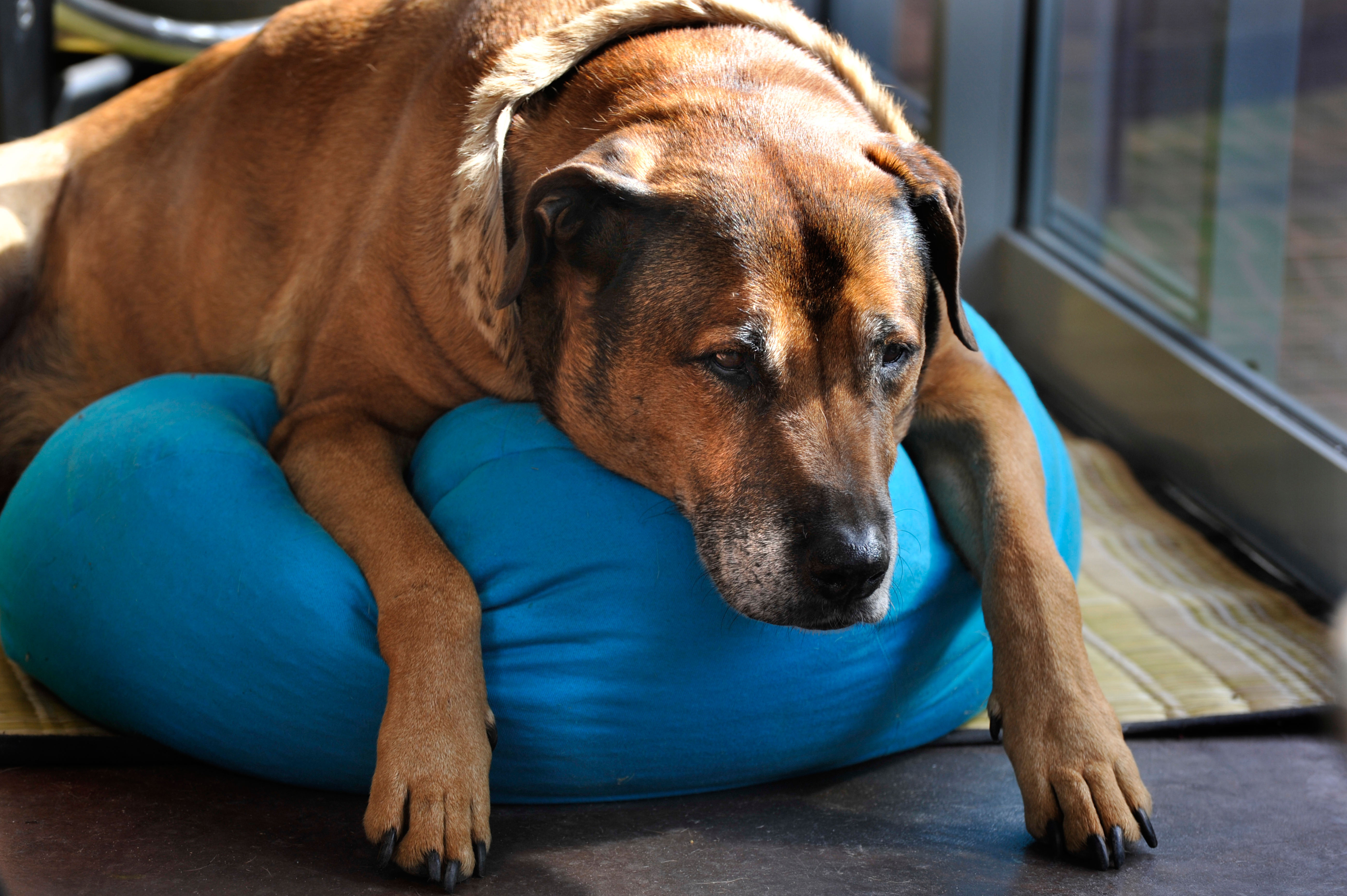
Credit: Alamy Stock Photo
How to keep your dog healthy in a summer heatwave, by expert trainer Ben Randall
With hot summer weather here it can be a challenge keeping your four-legged friend cool and happy. Ben Randall shares

How to choose a rescue dog, by expert trainer Ben Randall
Adopting a dog in need of a new home can be a fabulous experience that will transform your life for
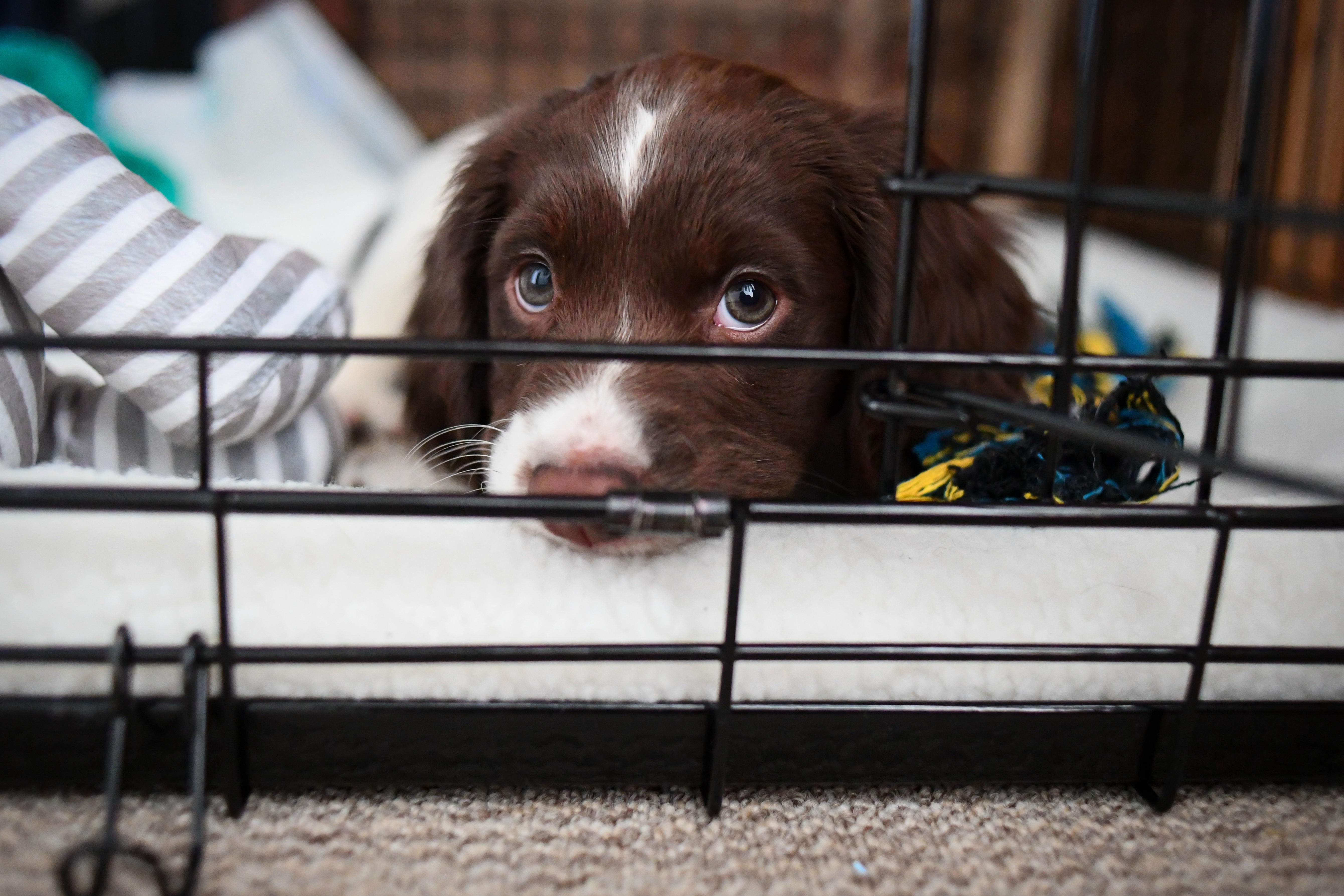
Crate training a puppy: Six tips from expert dog trainer Ben Randall
Puppy crate training can be tricky, yet it can pay dividends in all sorts of ways — even making puppy toilet
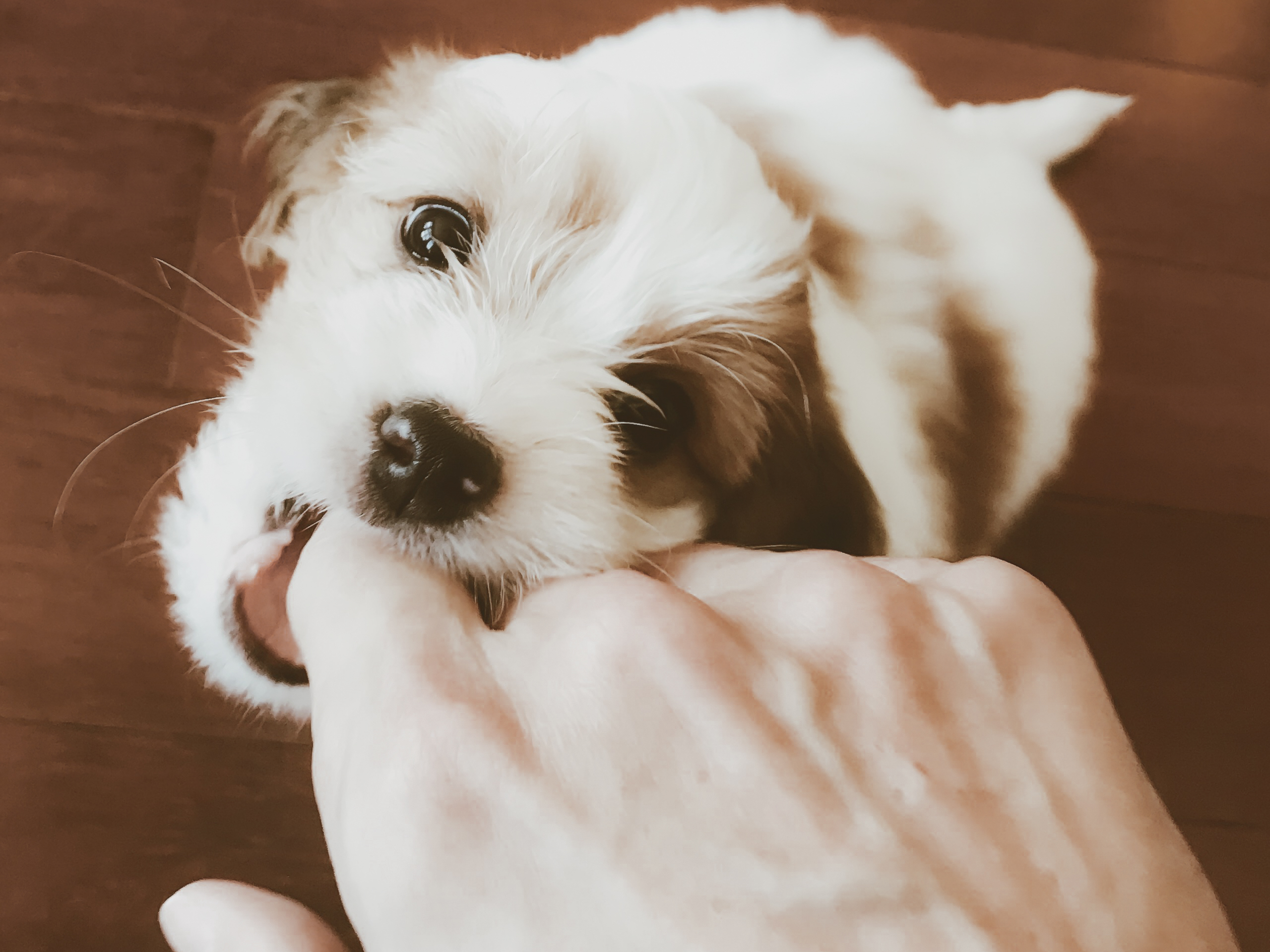
What to do if your puppy keeps biting you, by expert trainer Ben Randall
Getting a new puppy is a joy — most of the time. But it's not always easy, especially if your new
-
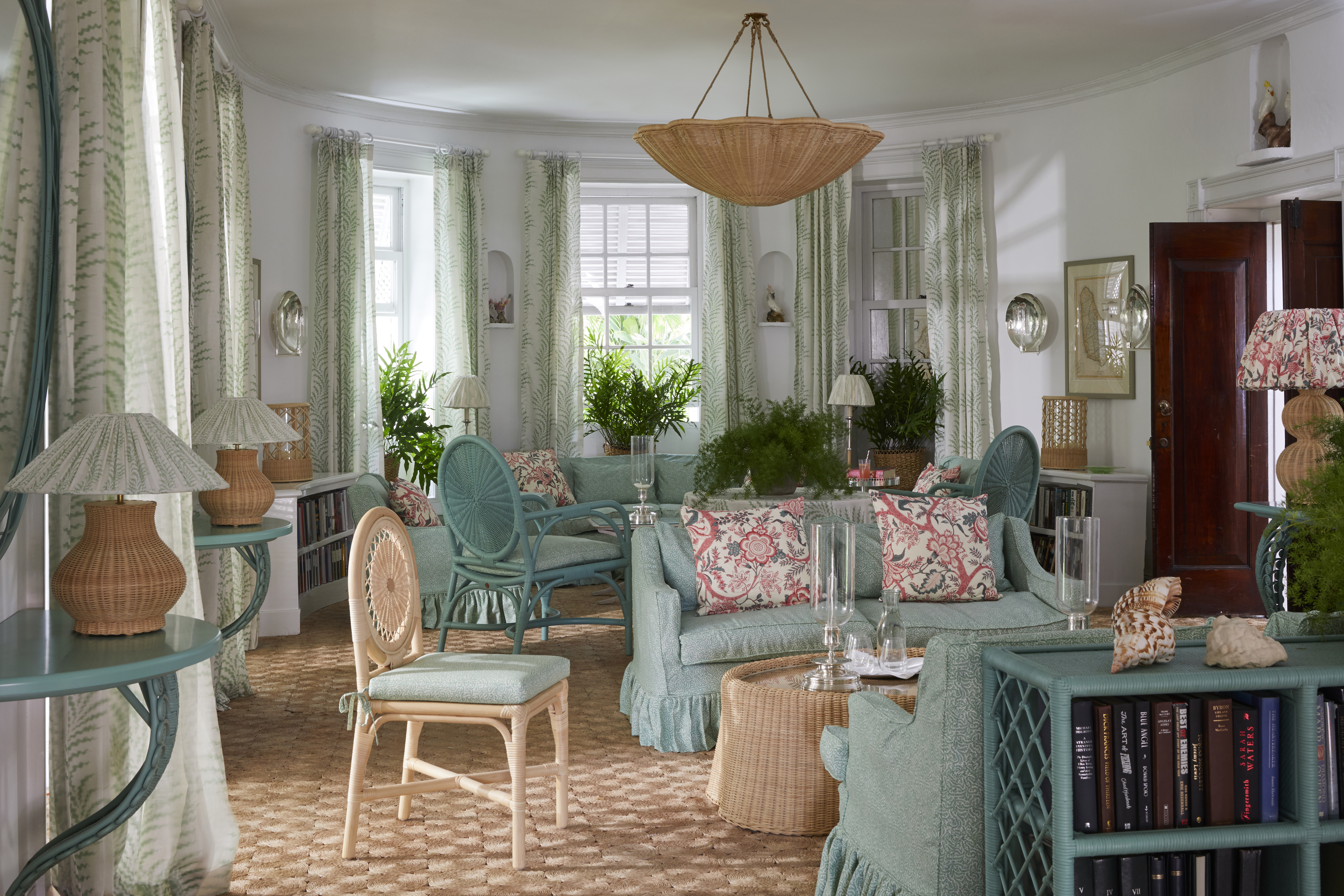 Why British designers dream up the most desirable hotels
Why British designers dream up the most desirable hotelsWhen it comes to hotel design, the Brits do it best, says Giles Kime.
By Giles Kime Published
-
 The five minute guide to 'The Great Gatsby', a century on from its publication
The five minute guide to 'The Great Gatsby', a century on from its publication'The Great Gatsby' sold poorly the year it was published, but, in the following century, it went on to become a cornerstone of world literature.
By Carla Passino Published
-
 What to do when your dog gets attacked by another dog out on a walk
What to do when your dog gets attacked by another dog out on a walkBen Randall deals with a reader's difficult situation as an ordinary walk took a turn for the worse.
By Ben Randall Published
-
 How to deal with an older dog starting to show some bad behaviour after many happy years
How to deal with an older dog starting to show some bad behaviour after many happy yearsA-list dog trainer Ben Randall helps a reader whose ageing dog has started changing its behaviour — and not for the better.
By Ben Randall Published
-
 Ben Randall: Ask Country Life's canine agony uncle a question about your dog
Ben Randall: Ask Country Life's canine agony uncle a question about your dogOver the past two years our award-winning dog trainer Ben Randall has been sharing his advice with Country Life readers.
By Country Life Published
-
 How to look after a dog who's gone deaf, by A-list trainer Ben Randall
How to look after a dog who's gone deaf, by A-list trainer Ben RandallBen Randall handles a query from a reader whose dog has lost her hearing.
By Ben Randall Published
-
 How to deal with a dog that's stronger than you are — especially when it runs off when it gets excited
How to deal with a dog that's stronger than you are — especially when it runs off when it gets excitedBen Randall tackles an issue for an owner of a dog that's almost as big as she is.
By Ben Randall Published
-
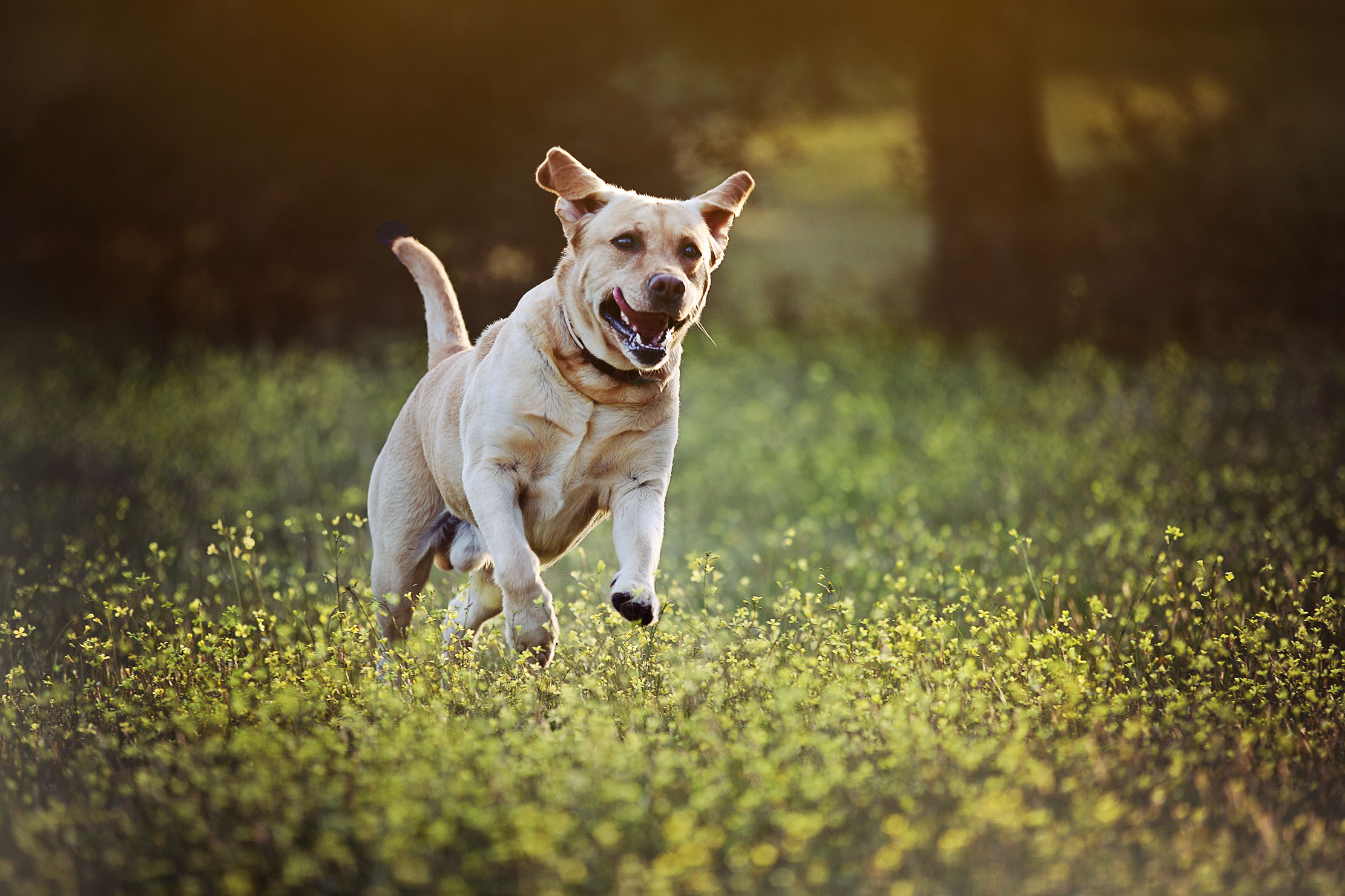 'My dog goes crazy when he sees someone with a ball launcher. How do I make him stop?': Expert trainer Ben Randall explains what to do
'My dog goes crazy when he sees someone with a ball launcher. How do I make him stop?': Expert trainer Ben Randall explains what to doTaking on a dog with ingrained bad habits can be a headache. Ben Randall explains how to retrain them to keep calm.
By Ben Randall Published
-
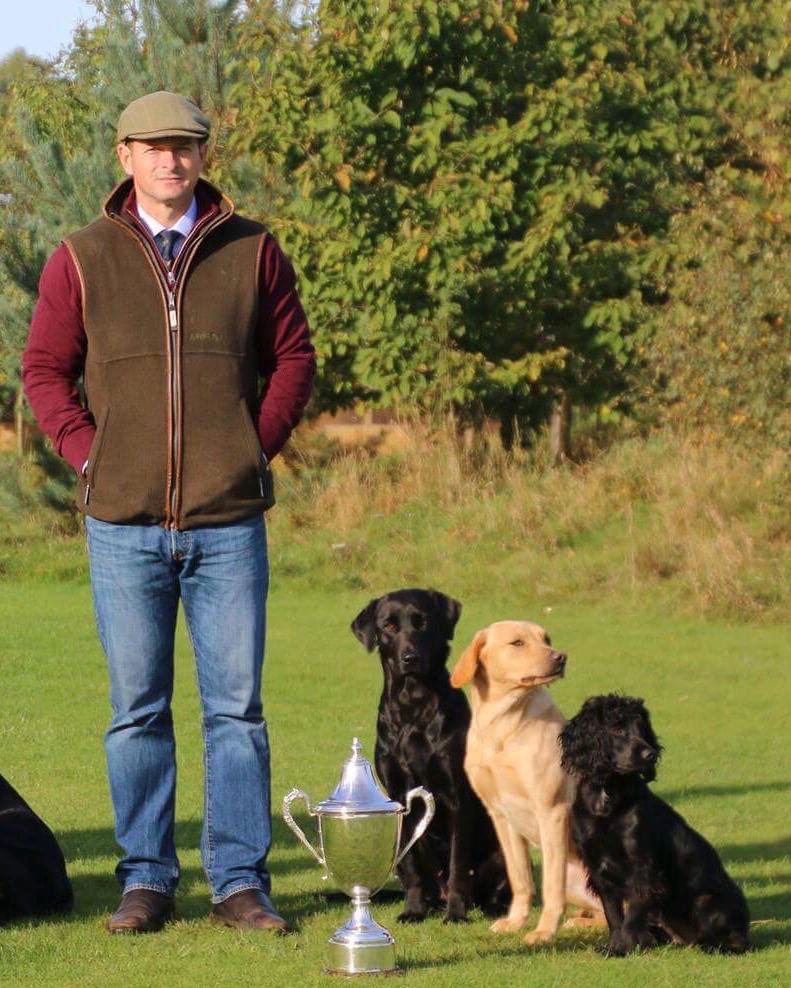 Ben Randall: Q&A with the award-winning dog trainer
Ben Randall: Q&A with the award-winning dog trainerWe speak to Country Life's canine agony uncle Ben Randall.
By Ben Randall Published
-
 How to stop your dog from being protective and barking at builders
How to stop your dog from being protective and barking at buildersBarking can be annoying and unsettling for visitors. Ben Randall looks at how to get a little peace and quiet.
By Ben Randall Published